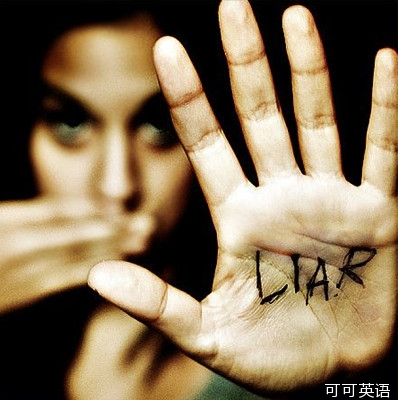“Lots of us are able to cheat a little bit and still think of ourselves as honest people.”
"许多人或多或少会欺骗别人,但仍自认为是个诚实的人。"
Dan Ariely is a professor of behavior economics at Duke University. His latest book, The Honest Truth About Dishonesty, explains how creativity makes us better liars—even to ourselves.
丹·艾瑞里是杜克大学行为经济学的教授。他最近出版的书籍《The Honest Truth About Dishonesty》解释了为何创造力使人们更善于撒谎,甚至是更好地自欺欺人。

“Dishonesty is all about the small acts we can take and then think, no, this not real cheating. So if you think that the main mechanism is rationalization, then what you come up with, and that's what we find, is that we're basically trying to balance feeling good about ourselves. On the one hand we get some satisfaction, some utility from thinking of ourselves as honest, moral, wonderful people. On the other hand we try to benefit from cheating.
“不诚实都是善意的小举动,对,这不是真正的欺骗。所以如果你认为合理化才是主要的机制,那么你得平衡自己的说法和别人发现的事实,以达到自我感觉良好的目的。一方面人们倾向于认为自己很诚实、有道德、很了不起,从这样的想法中能获得满足感。另一方面我们试图从欺骗中获益。”
“So rationalization is what we allows you to live with some cheating and not pay a cost in terms of your own view of yourself.
“那么合理化就是即允许你欺骗别人,但却丝毫不影响自己对自己的看法。”
“What kind of people would be able to rationalize better than other people? Better storytellers, right? Creative people, right? Because if you're creative, you find more ways to cheat and still yourself a story about why this is okay.”
“哪一类人能够比别人更好地将谎言合理化?更会讲故事的人,对吗?富有创意的人,对吗?因为如果你有创意,那么你会想到更多欺骗的方式,只要你能圆谎就行。”
原文译文属可可原创,未经允许请勿转载!














